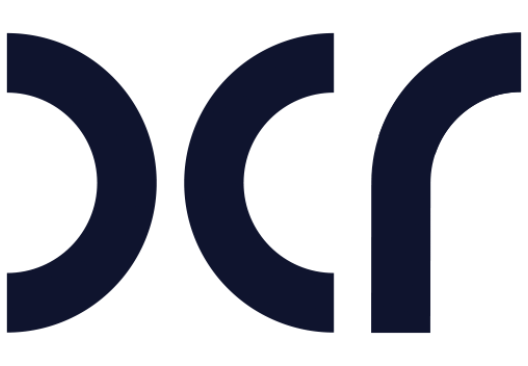A recurring problem of digitalised industries is to design and coordinate hybrid systems that include IoT (Internet of Things), edge, and cloud solutions. Currently adopted methods and tools are not effective to this end, because they rely too much on informal specifications that are manually written and interpreted by humans.
We aim at exploring the applicability of forefront technologies and methods developed at SDU, KU, and AAU for the design of reactive hybrid IoT-edge-cloud architectures in Danish industry. These technologies are based on unambiguous formal languages, which can be processed by computers to check for desirable design properties (such as compatibility of software interfaces) and to deploy components for monitoring the correct functioning of systems. Adopting these techniques has shown to substantially increase the productivity of digital industries (for example, up to 4x increase in development speed).
We will:
Scientific value
The scientific value of the project is twofold:
Capacity building
Companies will thus benefit from an increased number of students that they can hire to satisfy their needs with respect to hybrid systems. Universities benefit by gaining sustainable candidates for PhD positions in future projects connected to this exploration.
Business and societal value
Due to the growth potential in solutions for automation and data intensive processing solutions, this project will strengthen Danish competitiveness through a reduced cost of developing deploying and running IoT and cloud software. Potentially, this could lead to increased export of IT products and services.
University of Southern Denmark
Department of Mathematics and Computer Science
E: fmontesi@imada.sdu.dk
University of Copenhagen
Department of Computer Science
Aalborg University
Department of Computer Science
University of Southern Denmark
Department of Mathematics and Computer Science
University of Southern Denmark
Department of Mathematics and Computer Science
Sanovo Technology Group
DCR Solutions
Italiana Software


